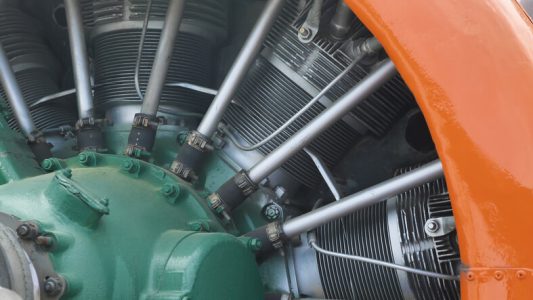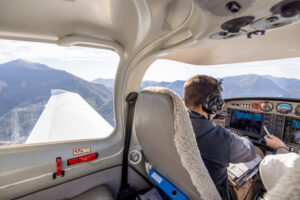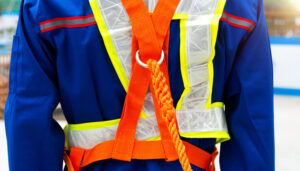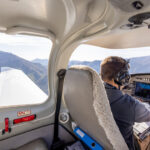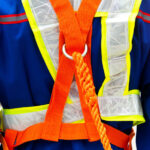What is a Hydraulic Lock?
A hydraulic lock is too much liquid in the combustion chamber. It often occurs after the shutdown of a radial engine, when some of the oil drains into the combustion chambers of the bottom cylinders. When the volume of oil in the cylinder is greater than the volume of the cylinder at the end of the piston’s stroke, a hydraulic lock occurs.
Since a volume of liquid cannot be compressed, there are two options when this happens:
- Either the engine must stop rotating, or
- A mechanical failure must occur (connecting rod bent or broken)
Once the connecting rod is damaged, there is little doubt that the engine will eventually fail. The question “when” is a function of how much damage occurred to the rod.
What Can Be Done to Prevent This Phenomenon?
After shutdown:
- Remove a spark plug from the bottom cylinder.
- Run a hose from the bottom cylinder to an oil jug to collect dripping oil.
Before start:
- Slowly rotate the propeller by hand enough times to ensure the bottom cylinder has completed a compression stroke.
- If you feel resistance, do not continue to pull the engine through with increasing force. Damage WILL occur.
How To Tell If You Are About to Fly a Radial Engine with Hydraulic Lock Damage
- Take a good look at the cylinder bases.
- Look for looseness or oil leakage around this area.
- Check for any studs that seem distressed or stretched.
- When you pull the propeller through, check for resistance.
- If you see anything that looks or feels suspicious, get a mechanic involved before you fly!
It is interesting to note that oil is not the only liquid that can cause this problem, although it is most likely the cause. Fuel might also be a factor causing the hydraulic lock. The solution is the same: find a way to drain your radial engine before you cause unwanted damage.
RELATED CTS TRAINING
RELATED CTS TRAINING

